Saudi Arabia on Sunday voiced serious concern after the United States launched airstrikes on Iranian nuclear facilities. The Saudi foreign ministry posted a statement on X, calling the situation “highly sensitive” and appealing for immediate international action to prevent further escalation.
The kingdom didn’t mince words—calling for restraint from all sides and pushing for a political resolution to what it fears could spiral into a full-blown crisis in the region.
It’s no secret that tensions have been simmering for weeks, but the strikes mark a dangerous shift. Riyadh’s reaction, while measured, carried an urgent tone. The statement urged world powers and regional stakeholders to double down on diplomatic efforts before the situation gets out of hand.
“This isn’t the moment to raise fists—it’s the moment to talk,” the ministry said, pushing for dialogue to take the front seat before things spiral further.
While the statement didn’t directly criticize the U.S., the underlying message was clear: military action is not the solution. The region has seen its fair share of turmoil, and Saudi Arabia has increasingly tried to present itself as a stabilizing force.
Lately, Saudi’s been trying to play peacemaker—hosting summits, talking to old rivals, signaling it wants something different. A shift in tone, maybe. Less heat, more talks. This latest statement? In line with that. A clear call: stop the strikes, sit down, talk it out. No more missiles. Hey ended it with a familiar note—peace, stability, all the usual. But it didn’t feel hollow. Not this time. “Only through political channels,” they said. Not exactly new, but it lands heavier now.
And now? We wait. The bombs have dropped; the messages have been sent. Everyone’s watching—Washington, Tehran, Riyadh. No one’s breathing easy. One misstep, one bad read, and it’s not just the Gulf that’s going to feel it.



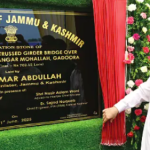

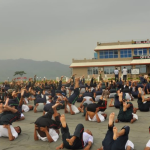
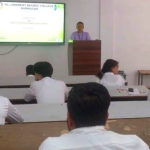
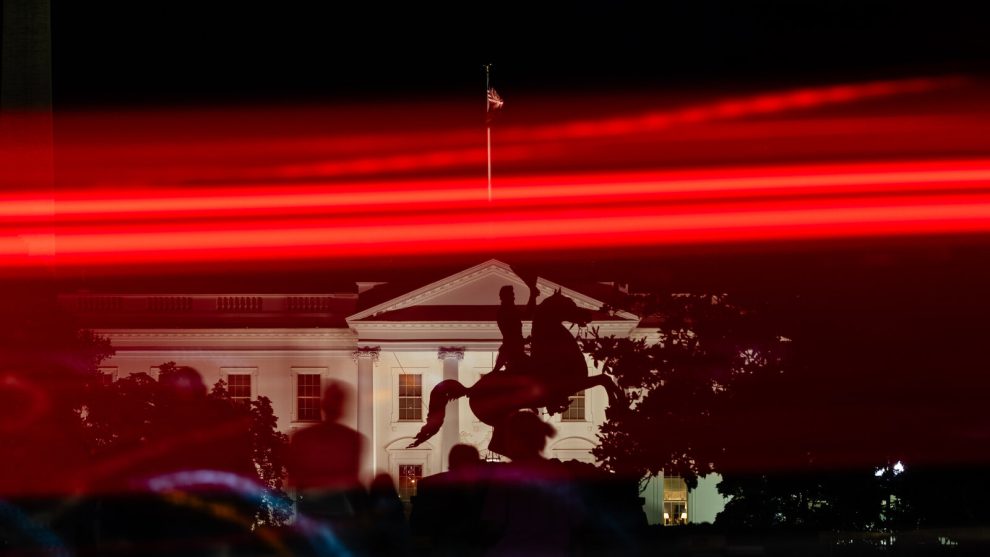

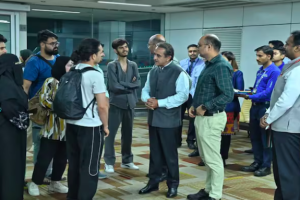
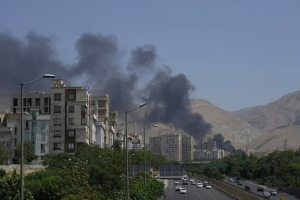
Add Comment